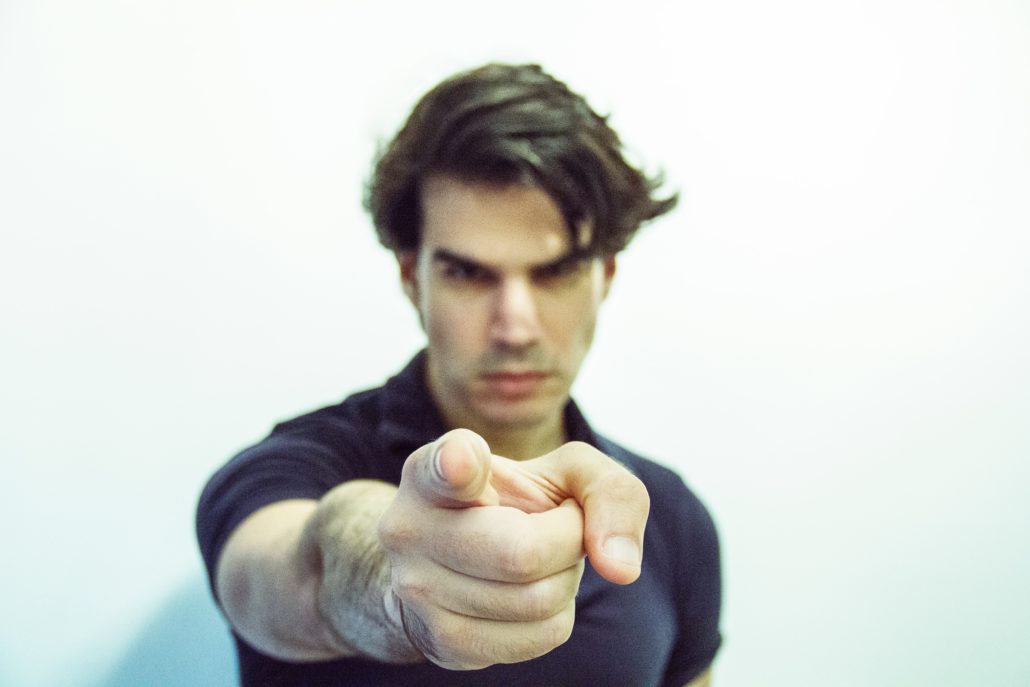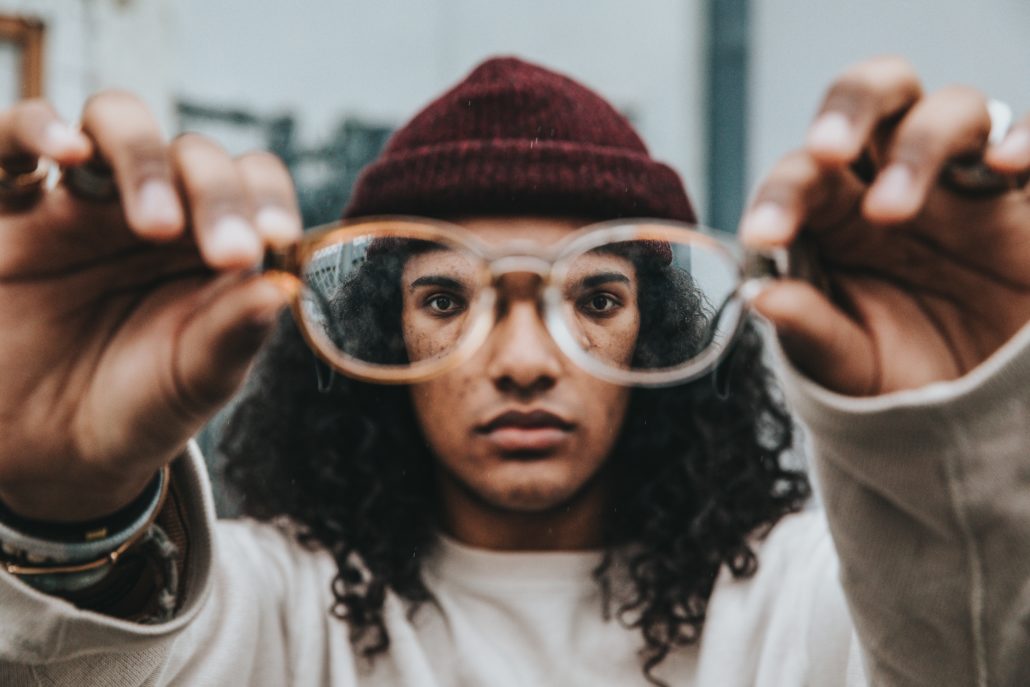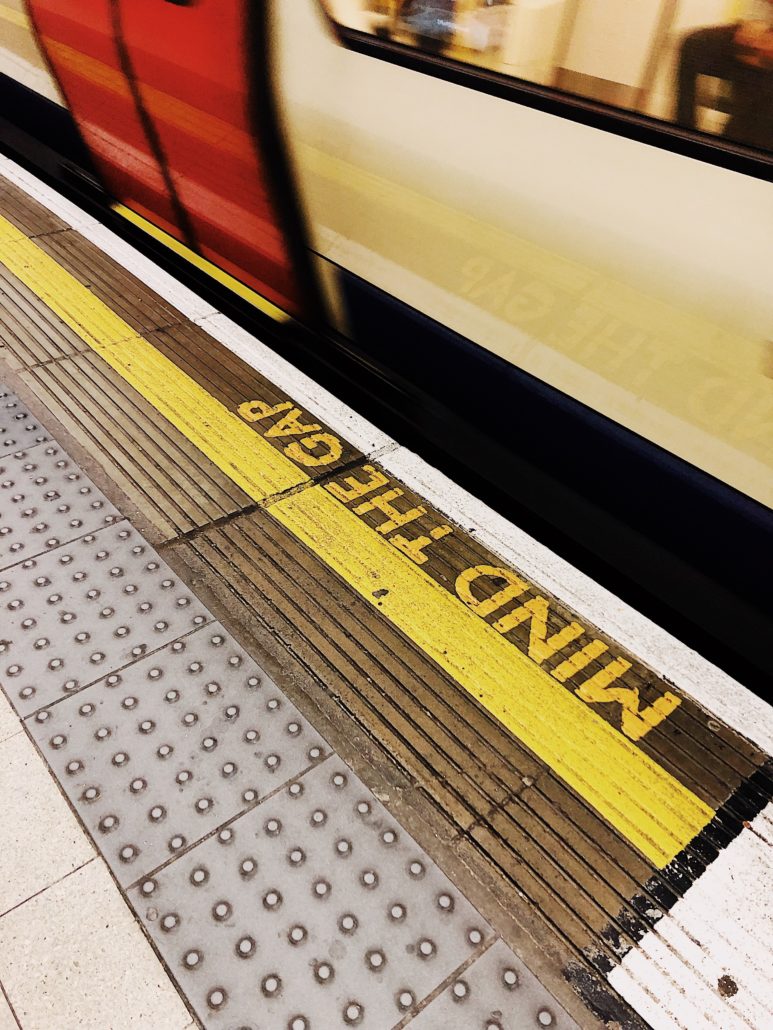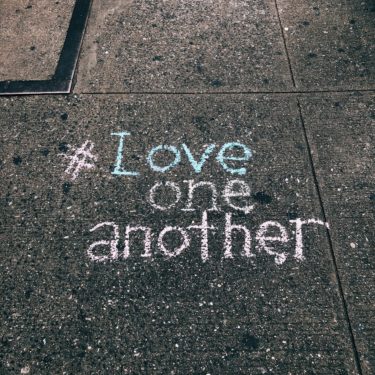My 89-year-old mom is in an assisted living facility and because of the pandemic we have been told not to visit her. which is the opposite of what we’ve been doing. Loving her has meant regular visits. Because she can’t come to family gatherings anymore, we take family gatherings to her and it has really helped keep her spirits up and reduce her anxiety levels.
But now to reassure her that we love her we need to stay away. I know it’s the right thing to do but it just feels wrong. It’s accepted wisdom that the elderly live longer and happier lives when they have meaningful connections and regular face-to-face interactions. Heck, that’s true of us all. Our need to belong, to be in community, is woven into our DNA. Being asked to practice “social distancing” just feels unnatural.
This has got me thinking about the way social distancing has always been part of our lives, pandemic or not. Finding the right distance in relationships is always tricky business. We can be too close so that we smother our loved ones and drive them away – think of helicopter parents or my-way-or-the-highway types. Or we can be too distant, cutting ourselves off from relationships out of fear or self-righteousness.
Achieving the right social distance is a non-stop balancing act and it cannot happen without love. So I’d like to share some spiritual practices that have helped me to be more intentional about incorporating love into my relationships. A spiritual practice, by the way, is a very down to earth process! It is the ongoing practice of self-reflection: we take inventory of where we have fallen short and then we resolve to do better.
If only practice made perfect! For me, the more I practice the more I realize how much more practice I need. But that’s just being human, so I invite you to try out some of these suggestions to see if they help you cope with social distancing.
…social distancing has always been part of our lives, pandemic or not. Finding the right distance in relationships is always tricky business.
1. Reduce Scapegoating.

In times of crisis it is easy to rely on the patterns of blaming and scapegoating that we have become accustomed to. When we scapegoat, we put an incredible amount of social distance between ourselves and our scapegoat and love is nowhere to be found. Our scapegoat is someone we cannot understand, is absolutely nothing like us, and undeserving of our empathy.
Politicians from the “other” party are our habitual targets as are people from different socio-economic or cultural backgrounds than our own.
People who hoard hand sanitizer and toilet paper have become the new go to scapegoats, the ones we are permitted to vent against to relieve our own anxiety. Anyone who violates the new social distancing protocols risks becoming a scapegoat.
To reduce my susceptibility to scapegoating, I try to give the target of my ire the benefit of the doubt. I try to imagine a valid or forgivable reason someone might do what they are doing. Or I try to imagine that the person in question is my best friend. It’s then I begin to let go of my need to blame and honestly, the anger sort of melts away and I’m just a much nicer person to be around.
The Olive
Branch
Take A Breath with Us
Our weekly newsletter creates a space to take a breath. Once we slow down, we can see the way desire, imitation, and conflict operate in our lives and in the world, and begin to create peace. In addition to the newsletter, you will receive the free "Unlearn the Bible" ebook when you subscribe.
2. Focus on the Good.
Another risk of scapegoating is that the world becomes filled with people who are obstacles to defeat or overcome for anything good to happen. This is a common practice of distancing ourselves from others that divides the world up into good guys – us – and bad guys – them. But seeing others as enemies can make the problem worse.
René Girard has pointed out that throughout human history it has not been the plagues, earthquakes, droughts or famines that have been the biggest threat to our survival. What threatens us the most is when we lose our ability to work together to find solutions.

Instead of focusing on others as the bad guys, I have been reflecting on the amazing ways we are coming together as a nation to take care of the most vulnerable in our society. I have to say that some days I can feel as if we will never find our way out of the political hole we have dug ourselves into. But when I can find the grace to see the good in others the way forward doesn’t seem so unimaginable.
3. Close the Gap.

In the last three years, the partisan divide has become as wide and deep as the Grand Canyon. Could it be time to find ways to close the gap?
Something I know intellectually is that to close the gap I will have to let go of my need to be right. Confession: in my family of origin being right was more important than being kind or loving. Winning arguments and never being caught in a mistake was how we proved our worth.
So being right is my instinctive way to reassure myself that I am worthy of love. When I look at the ways in which we talk to one another on social media or how our politicians behave in debate forums, I can’t help but wonder how many people grew up in families like mine.
I must constantly remind myself that no one’s heart was ever softened by a lecture, logical arguments, barbs or insults. Love is the only way to heal the distance between us. Something I do to try to jump start love is to visualize the person I have distanced myself from in my mind’s eye. Then I surround them with the soft light of loving kindness.
I imagine its God’s love that surrounds them and not mine, which is how love works anyway. We can love because God loved us first.
4. Widen the Gap.
On the opposite end of the spectrum, there are always some relationships that could use a bit more distance. What I mean is that it’s possible to lose the boundary between me and someone I love so that I forget he is a different person than I am, with different ways of thinking about and doing things.
When I lose the boundary I can be very judgmental and demanding. It happens in little ways like when my husband tries to help me by putting away the groceries and I snatch the soup can out of his hand because I know for sure he won’t put it away in the right place. And then I complain that he’s not helpful enough around the house!
Or it can happen in big ways. I remember once, when our kids were little, I was leaving for a weekend away with my sister. To be sure things went my way, I left tons of notes and instructions for my husband and was even shouting instructions to him as I walked out the front door to get in my car. My husband stood calmly in the doorway and said, “Do you want me to do this?” Of course, I did! “Then,” he said, “You’ll have to let me do it my way.” You could have knocked me over with a feather! I had no idea there was more than one way of taking care of our kids! His way?? Another way that might be just as good – well, not as good! But maybe his way would be good in its own way.
My husband had to reclaim his dignity as a human being and demand that I respect him for his differences from me. If you have someone in your life who finds a way to let you know they need some space, listen and thank them with all your heart!
Love is from God
The coronavirus requires us to distance ourselves from one another out of love. As Father James Martin wrote recently, “Many things have been cancelled because of the coronavirus. Love is not one of them.” Because love is from God there is always an endless supply for us to tap into. In the first letter of John we read this reminder: “Beloved, let us love one another, because love is from God; everyone who loves is born of God and knows God.” That’s the spiritual side of spiritual practices – when we search our own hearts and try to do better, we come into God’s presence and love flows more freely into the gaps between us.

